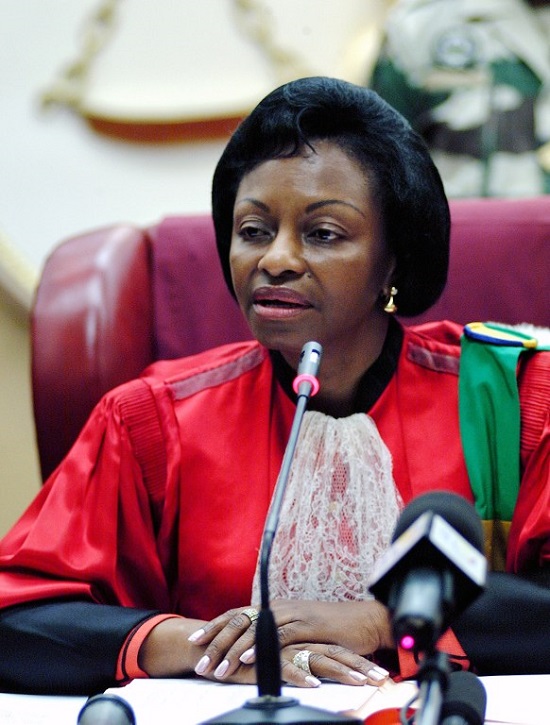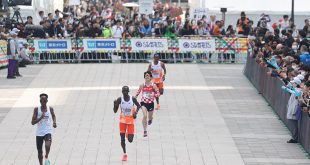
Libreville, Gabon | AFP |
EU monitors said Sunday that Gabon’s top court had failed to rectify vote-counting “anomalies” in fiercely-disputed elections in which President Ali Bongo extended his family’s rule in the oil-rich nation into a fifth decade.
The European Union’s electoral observer mission said it “regretted” that Gabon’s Constitutional Court, which on Saturday ruled against opposition demands for a recount, “had been unable to satisfactorily rectify anomalies observed during the count”.
Opposition leader Jean Ping had filed a legal challenge after Bongo was declared the winner by a mere 6,000 votes in the August 27 election.
Ping, a career diplomat and a former top official at the African Union, had asked for a recount in Haut-Ogooue province, a stronghold of the Bongo family where the president was declared to have won more than 95 percent of the vote, with turnout at more than 99 percent.
The Constitutional Court in its ruling upheld Bongo’s victory and put the winning margin higher at around 11,000 votes.
UN Secretary general Ban Ki-moon said in a statement that he had “taken note” of the court’s verdict and welcomed Bongo’s call for a national dialogue to defuse the situation.
“Such a dialogue must be representative of all stakeholders towards national reconciliation, inclusive governance, and the adoption of consensual measures for peaceful and credible legislative elections in December 2016,” it said.
Ban also called upon both sides to “demonstrate maximum restraint and fully respect human rights and fundamental freedoms.”
Bongo’s family has exercised a long grip on power in the oil-rich country of 1.8 million people.
Ali Bongo took over from his father Omar Bongo, who ruled Gabon for 41 years until his death in 2009.
Gabon has abundant oil, minerals and tropical timber, and its per-capita national income is four times greater than that of most sub-Saharan nations.
– ‘Interference is not good’ –
But a third of the population of 1.8 million live below the poverty line — a gap that has fuelled resentment towards a regime notorious for corruption.
Violence erupted on August 31 after Bongo was declared the winner. Demonstrators set fire to the parliament and clashed violently with police, who arrested around a thousand people.
Opposition figures say more than 50 people were killed in the violence. The government has given a toll of three dead.
World powers have so far refrained from congratulating Bongo after his controversial win.
Former colonial ruler France deplored that the court verdict clearing Bongo’s victory “has not lifted all the doubts” about the process.
Nor has the African Union yet congratulated the 57-year-old leader, who on Sunday struck a defiant note, telling Radio France Internationale that “we don’t need people to speak about Gabon’s problems”.
“Interference is not a good thing,” Bongo added.
Ping has made clear he believes Bongo has the constitutional court in his pocket, referring to it as “the Tower of Pisa that always leans the same way”.
 The Independent Uganda: You get the Truth we Pay the Price
The Independent Uganda: You get the Truth we Pay the Price


